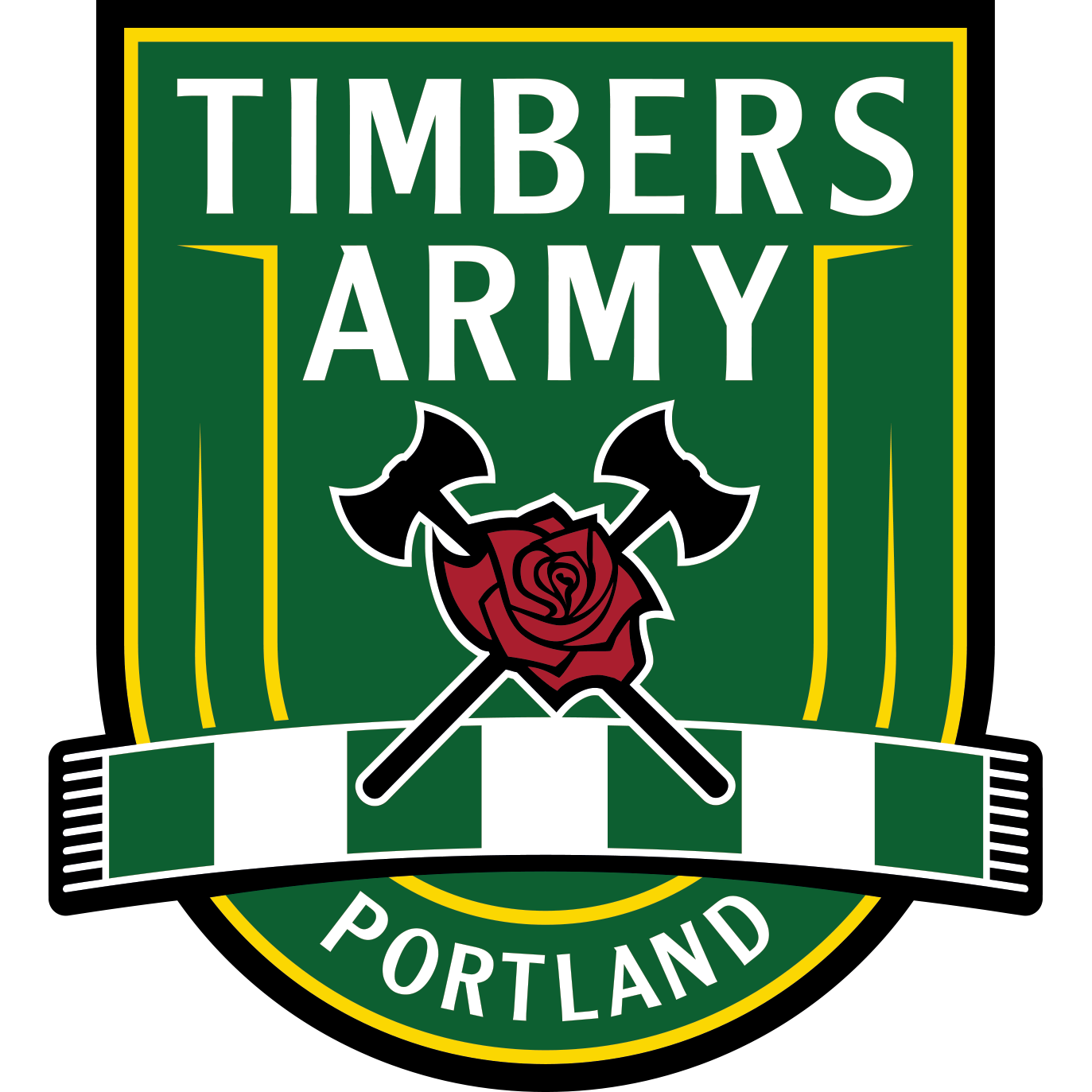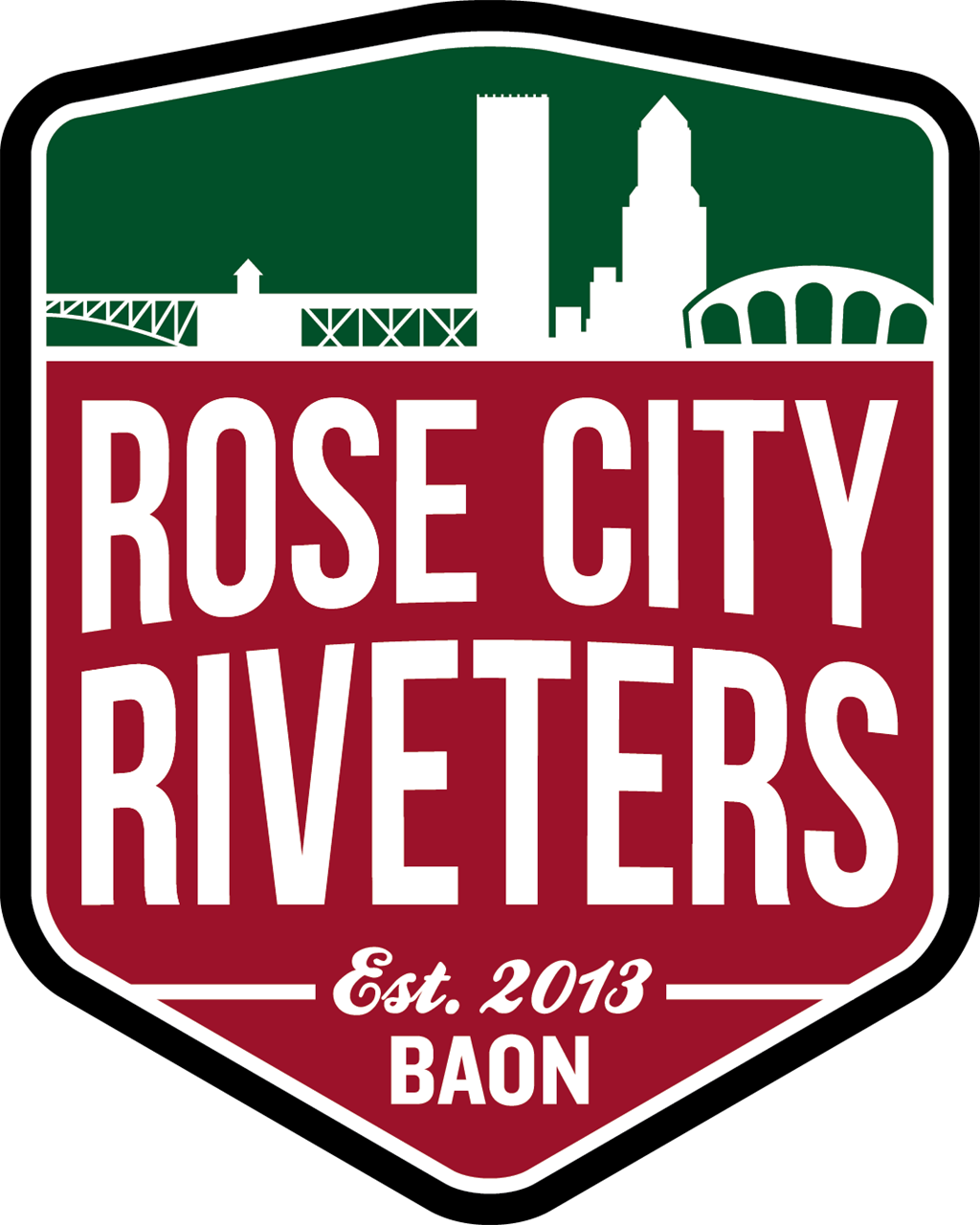by Bruce Eaton and Shawn Levy
The U.S. Open Cup is a vital piece of soccer’s history in this country. It’s been around since 1913, when it debuted as the National Challenge Cup, and it is the oldest ongoing national title in American soccer — the nearest thing we have to the FA Cup, the Copa del Rey, the Coppa Italia, and other such venerated championships.
The Open Cup is a true open cup — every team, from a Sunday league 11 to the highest professional squad, is eligible to play in it. Because of that small-d democratic nature, it has long been a way for small soccer communities to make their presence known on a national stage. When there was no nationwide soccer league in this country, the Cup kept the game alive. When immigrants from places with long soccer histories came to America, the Cup was their doorway into meaningful competition in the world’s game. The ragtag history of American soccer and the American story is deeply ingrained in the Cup. How can you not love a championship that’s been won by the likes of Macabee Los Angeles, Brooklyn Hispano, Philadelphia Ukrainians, San Francisco Italian Athletic Club, and Shawsheen Indians, not to mention Bethlehem Steel?
Since the mid-’90s, the Cup has been won almost always by an MLS side (the old NASL never took part in the tournament — and look what happened to it!). And since 2001, a summertime cup run has been a part of being a Portland Timbers fan — and often provided the most memorable highlights of some dismal seasons.
Until now, that is.
The poobahs of MLS have decided to put only eight of the league’s teams in the tournament. The Portland Timbers are not included.
That sucks.
And here’s why.
WE were once one of those little teams for which an Open Cup run was a (potential) ticket to the big time. WE were the minnows. And, quite often, a Cup run was our only chance to win anything in the long hot summer of a minor league season.
During the Timbers’ USL/A-League era, the U.S Open Cup matches were a highlight of the year’s escapades at PGE Park.
In 2004, a growing, boisterous, and artistic Timbers Army mocked Landon Donovan as his San Jose Earthquakes dominated the Timbers 3-0 in front of a crowd of 10,000-plus. Timbers centerback Gavin Wilkinson, in familiar form, received a red card in the seventeenth minute. (GW Out indeed! Rumor has it that he stole a pint from a table in the old beer garden on his way to the dressing room: Typical.) Nevertheless, the match was a very early indication to the soccer world that Portland fans were wildly dedicated to the boys in green. Despite the beating, the north end noise never dwindled, even impressing Donovan, who said afterward, “I don’t know many teams that, when you go down two or three nothing, the fans are still cheering like that.” From that point on, people knew that something special was going on in Portland.
A few years later, Portland fans had a taste of infamy, when a semipro USASA team, Hollywood United, upset the Timbers 3-2. It was kind of sickening to see a pretty good USL team lose at home to such a low-level opponent, regardless of the number of ex-pros on their roster and Hollywood B-list stars in their ownership ranks. But such embarrassment is part of the appeal of Cup: You can never take a minnow for granted.
That lesson was etched permanently into Timbers history in 2012 with the infamous 1-0 loss in extra time to Eric Wynalda’s Cal FC, another amateur roster of former MLS and USL players put together solely to make a run at the Cup. They did, at our expense. A missed Kris Boyd penalty kick that knocked over beers in section 108. A bloodied captain Jack Jewsbury. Curses from the capo stand (Ah, Pong!). And, after the fact, added drama with Wynalda accusing Merritt Paulson of failing to fulfill a promised revenue share with his team, the first spark of a social media feud that still burns today. (Ah, Olde Twitter!)
These stories illustrate the wonderful concept of the underdog in the Open Cup. It’s what elimination tournaments thrive on: The opportunity. The chance to show what you’ve got, who you are, and who’s with you for the ride.
We had some glorious moments in the Cup, too. An Open Cup match against Seattle in 2009 inspired our first big tifo — Timber Jim cutting town the Space Needle. And there was the unforgettable Red Card Wedding in 2015: The epic meltdown when Seattle ended the match defeated 3-1, with seven men on the pitch, no head coach on the bench, a humiliated and disgraced Clint Dempsey, and a bill for the referee’s shredded notebook.
These stories illustrate why the tournament resonates. It’s all right there, in front of you, as it happens. There’s only another game if you get through this one. It creates moments. It creates memories. It is filled with traps for big teams and David-vs.-Goliath chances for little ones. The regular season of MLS doesn’t have that. The league is built to favor brand-name stars in big cities, not to grow the game at the grassroots. And MLS prefers its own jury-rigged tournaments to the one that can truly show the rest of the world that American soccer is and always has been for real.
Here’s the thing: MLS doesn’t run the the Open Cup; U. S. Soccer does. If MLS ran the cup, they’d turn it into another aspect of their quest for dollars and easy fame. (Remember when they tried to grab the Cascadia Cup and slap a brand on it?) They’d only be interested in the Cup if they could monetize it, without regard for its history of keeping soccer alive and spreading it around the USA. What they’re building is top-heavy: a reality show starring old faces from bigger leagues with no personal connection to the communities they play in or interest in growing the game at the lower levels. The unpredictable Open Cup looks like a nuisance to folks with that mentality.
Given MLS’s convoluted salary machinations, Ponzi-scheme expansion, and partnership with Apple in a broadcast monopoly, it’s no wonder the league wants out of a tournament that they can’t control. It’s just not in their DNA to be a good, cooperative partner, even though it’s obvious that U. S. soccer would benefit greatly from a mature, enlightened top league and a Cup that gives underdogs a puncher’s chance against the big boys.
This year is pretty much over as far as seeing the Timbers in the Cup. So what can we people who recognize the value and history of the Cup do?
We can continue to support our boys, if not our first team: T2 is in the Cup this year, and you should watch its matches when and where you can. You can contact the Timbers’ front office and MLS and demand that they expand their participation in the Cup. And you can send a tweet to Eric Wynalda, to let him know that you understand what a broken promise feels like.


